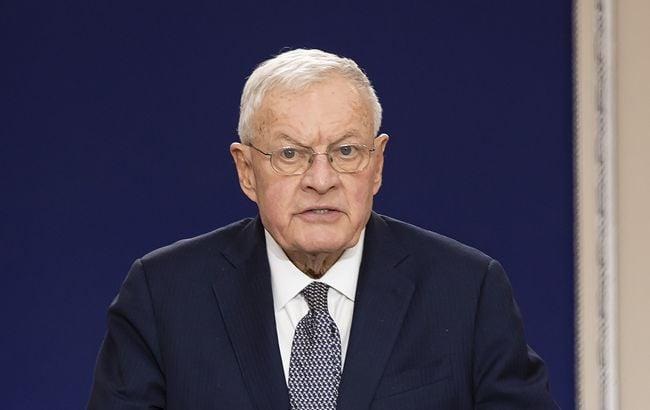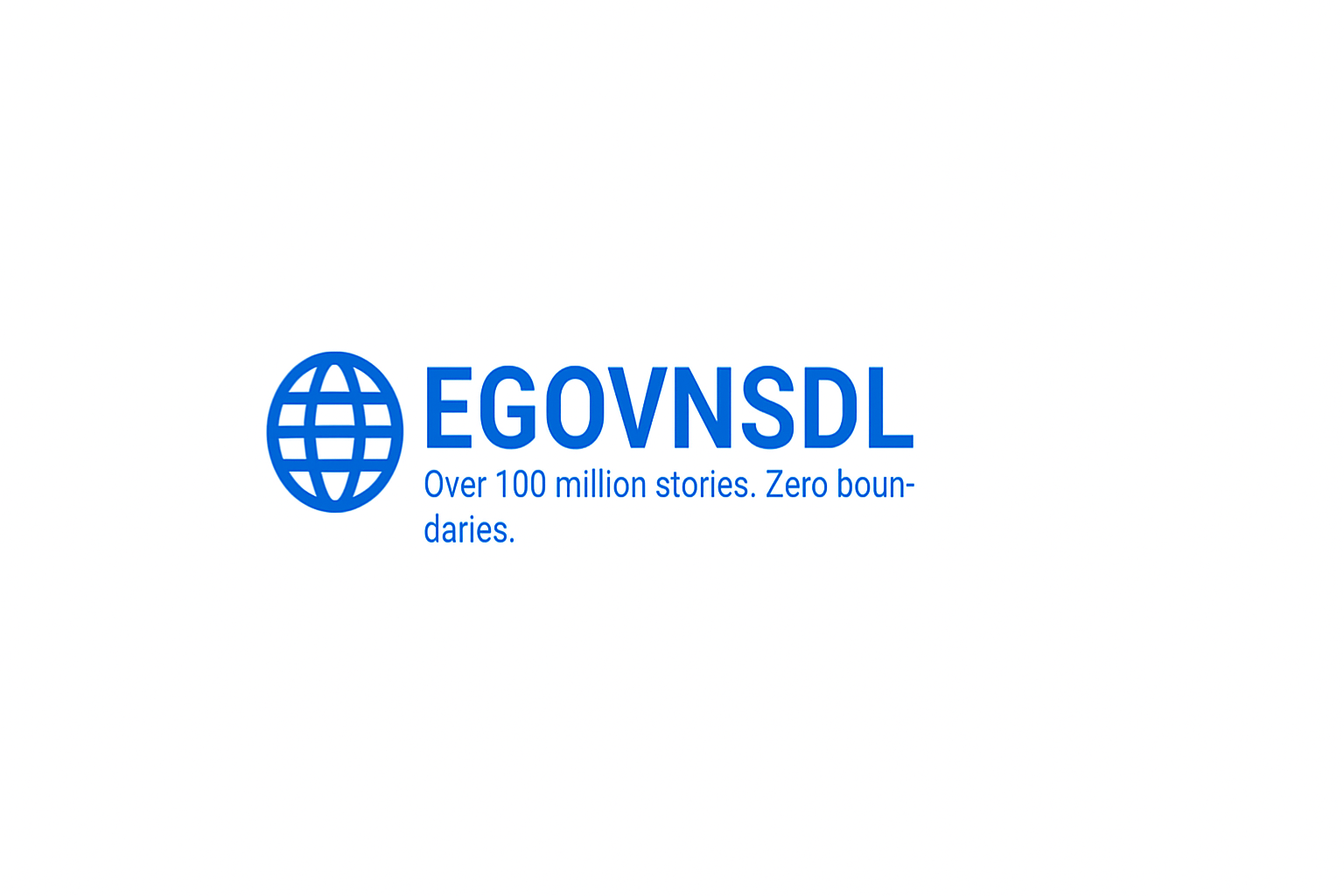At the Ukraine Recovery Conference in Rome, U.S. Special Representative for Ukraine Keith Kellogg condemned Russia’s intensified attacks, calling the level of civilian casualties “horrific” and likening them to events of the Second World War. His remarks highlight growing international alarm over the humanitarian impact and the urgency for unified action to support Ukraine’s defense and recovery efforts.
U.S. Envoy Keith Kellogg Compares Russian Strikes in Ukraine to WWII Atrocities


U.S. Envoy Condemns Russia’s Escalating Attacks on Ukraine at Rome Recovery Conference
At the fourth annual Ukraine Recovery Conference held in Rome, U.S. Special Representative for Ukraine, Retired Lt. Gen. Keith Kellogg, delivered a sobering assessment of the ongoing conflict, declaring that Russia’s recent military actions in Ukraine have reached “horrific proportions.” Speaking to a packed audience of international diplomats, business leaders, and humanitarian organizations, Kellogg emphasized the devastating toll on civilians, drawing comparisons to the atrocities witnessed during the Second World War.
A Grim Benchmark
Kellogg’s remarks came amid a surge in Russian aerial and ground assaults across Ukraine, including record-breaking drone strikes that have targeted civilian infrastructure in over ten regions. “The scale and intensity of these attacks are not just military operations—they are acts of terror against the Ukrainian people,” Kellogg said. “The number of civilian casualties we are seeing now evokes comparisons with the darkest chapters of the 20th century.”
His statement underscored growing international concern over the humanitarian crisis unfolding in Ukraine, as hospitals, schools, and residential areas continue to be bombarded with little regard for civilian safety.
A Call for Unity and Action
The Rome conference, attended by over 100 official delegations and 2,000 business and civil society representatives
, was originally convened to discuss Ukraine’s long-term reconstruction. However, Kellogg’s speech shifted the tone, urging participants to recognize the urgency of the present crisis.
“We cannot speak of rebuilding while the destruction continues unchecked,” Kellogg said. “We must act now—not only with words but with weapons, sanctions, and unwavering support.”
He called on the international community to increase pressure on Moscow through tougher sanctions, particularly targeting Russia’s energy exports and financial networks. Kellogg also voiced support for the bipartisan Graham-Blumenthal bill currently before the U.S. Congress, which proposes secondary sanctions on countries purchasing Russian oil.
Echoes of History
The comparison to World War II was not made lightly. Kellogg, a retired general with decades of military experience, referenced the indiscriminate bombing campaigns of that era, drawing parallels to Russia’s current tactics. “We are witnessing the deliberate targeting of civilians, the destruction of cultural heritage, and the displacement of millions,” he said. “This is not collateral damage—it is a strategy of fear.”
His comments resonated deeply with attendees, many of whom have worked in conflict zones and post-war recovery efforts. The emotional weight of Kellogg’s speech was palpable, prompting renewed calls for accountability and justice.
Zelensky’s Response and Diplomatic Engagement
Ukrainian President Volodymyr Zelensky, who also spoke at the conference, echoed Kellogg’s concerns and thanked the U.S. envoy for his candid assessment. Zelensky emphasized the need for continued military aid, particularly air defense systems like the Patriot missiles, which Ukraine sees as vital to protecting its cities.
The two leaders met privately ahead of the conference to discuss joint defense manufacturing, sanctions enforcement, and the possibility of hosting peace talks under Vatican auspices. Zelensky expressed hope that Kellogg’s presence signaled a renewed U.S. commitment to Ukraine’s defense and recovery.
The Role of the Coalition of the Willing
Kellogg also participated in a meeting of the Coalition of the Willing, a group of countries prepared to deploy troops to Ukraine in the event of a ceasefire. The coalition announced plans to establish a headquarters in Paris, with future rotations to London and Kyiv. While no formal U.S. military commitments were made, Kellogg’s involvement was seen as a significant step toward deeper coordination.
Italian Prime Minister Giorgia Meloni praised Kellogg’s participation, calling it “a fundamental sign of Western unity.” She reiterated the importance of deterrence in achieving a sustainable peace, stating, “Diplomacy only works when backed by strength.”
Looking Ahead
As the conference continues, Kellogg’s remarks have set a powerful tone—one that blends urgency with resolve. The message is clear: Ukraine’s recovery cannot wait for peace, and peace cannot be achieved without confronting the horrors of war.
For many in Rome, the comparison to World War II was not just rhetorical—it was a call to remember, to act, and to ensure that history does not repeat itself

 বাংলা
বাংলা  Spanish
Spanish  Arabic
Arabic  French
French  Chinese
Chinese 



